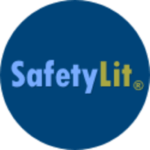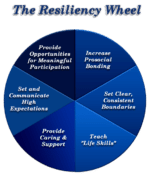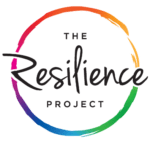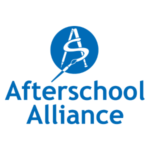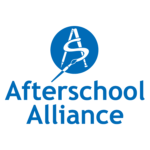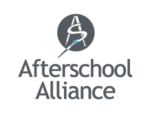The online source for current and past scholarly research about all aspects of injury prevention.
Lesson plans for educators and families including escape planning, home fire safety, and smoke alarms. Includes crossword puzzles, coloring pages, word searches, and other games for youth to become more familiar with fire safety.
Guidelines for safely participating in winter sports, additional resources are given.
Read on through this article to learn how to spot the signs of bullying and how to protect yourself or friends from it.
American Psychological Association presents 10 tips to present the way in which resilience can be taught by teachers and achieved by students.
Resilience & Youth Development Model that presents a set of high expectations and a rigorous curriculum, Instructional strategies that aligns with new CTAG-related questions on the CSCS.
Resilience Wheel Training (RWT) is for anyone who has experience in high-stress environments. By learning the concepts and practicing program components – “turning the wheel” – you gently and deeply increase your resilience – your ability to “bounce back.”
At The Resilience Doughnut, we have designed a comprehensive strategy for teaching the Resilience Doughnut process to primary school students, teachers and parents in a school setting. This process is flexible so that it can be adapted to your school's current curriculum needs and structures.
A publication including information, research, handouts and activities for youth to gain knowledge on resiliency.
Afterschool Alliance Poll finds three in four voters want federal, state and local lawmakers to increase funding for after school programs. Check out these resources for an in-depth look at our newest data from our Election Eve/Election Day 2008 poll and an overview of messages that may work best in this economic climate. (Released November 2008)
This brief, examines the current teacher shortage facing our schools, the impact this shortage is having on our rapidly changing educational system, and ways afterschool programs can help meet the need for recruiting and retaining new teachers. It is one in a series of Issue Briefs sponsored by the MetLife Foundation that addresses the benefits afterschool programs provide to children, families and communities.
(2004) In order to learn how many children are in afterschool programs and how many are unsupervised after school, in the summer of 2003 the Afterschool Alliance conducted a household survey, with funding from the JCPenney Afterschool Fund. The America After 3 PM survey gives the most comprehensive and accurate picture yet of what this nation’s youth are doing each day after school. It differs from other household surveys in that it includes data on K-12 youth, rather than just K-8 youth. This survey also collected more detailed information about parent satisfaction with afterschool programs, and it offers the best data yet about demand for afterschool, including the likelihood that non-participating children would join afterschool programs, if programs were available.
Respectfulness, positive behavior, self-confidence, and an interest in school are just a few traits kids can develop through participation in after school programs. Check out this issue brief to learn more about ways after school can help build character.
Students with special needs may not always receive the resources they need to reach their full potential during the school day, but after school programs can offer additional activities more tailored to the individual needs of children. This brief examines the valuable role after school programs can play in the life of a child with special needs.
This report summarizes a national meeting that was organized to discuss ways in which out-of-school time can be used to better prepare youth for an increasingly global economy.
With support from MetLife Foundation, the Afterschool Alliance has published "Afterschool Innovations in Brief", a compilation of four issue briefs examining critical issues facing children, schools and communities, and the vital role after-school programs play in addressing these issues. (May 2008)
This study from The National Center for Education Statistics within the Institute of Education Sciences provides a national profile of various types of formal after-school programs physically located at public elementary schools in 2008. These programs included stand-alone programs that focus primarily on a single type of service (e.g., only day care) and broad-based programs that provide a combination of services such as academic enrichment and cultural activities.
Tony Proscio and Basil J. Whiting (October 2004)
In the last decade, initiatives to create, expand, and improve afterschool services for young people have become more typical in large cities across the United States. However, the field is still nascent and tremendous challenges remain. Co-authors Proscio and Whiting provide in-depth studies of four cities—Chicago, Los Angeles, New York, and San Diego—who have, over time, developed highly effective afterschool support organizations. While each city's story is set in a unique political and social landscape, there are common elements in their profiles that the Project believes are fundamental to their successes to-date.
This brief explores the various ways afterschool programs create linkages between school and home for students and parents. It is one in a series of Issue Briefs sponsored by the MetLife Foundation that addresses the benefits afterschool programs provide to children, families and communities.
This study looks at the factors contributing to PCAST (Parental Concern about After-School Time) and the consequences for both parents and employers.
